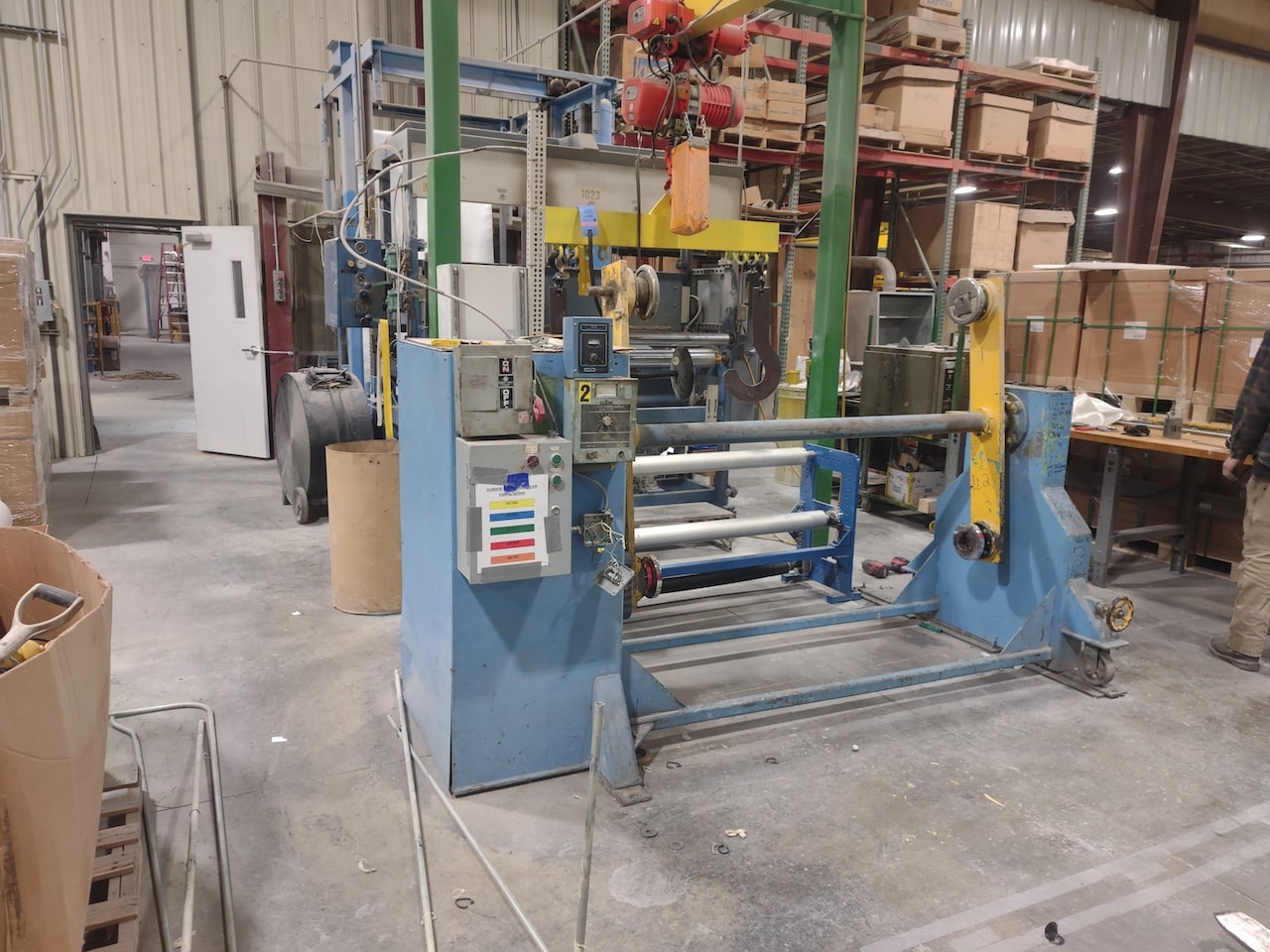Introduction to Automation Trends:
In recent years, automation has transitioned from a luxury to a necessity for industries striving to remain competitive. As technology evolves, the need for efficient processes and precision becomes ever more critical. The integration of automation not only boosts productivity but also significantly enhances safety and quality across operations.
Benefits of Automation:
Automation offers numerous advantages that can transform your operations. Firstly, it reduces labor costs by streamlining repetitive tasks, allowing your workforce to focus on higher-value activities. Secondly, automation improves accuracy, minimizing human error and ensuring consistent output quality. Finally, increased production speed can lead to faster turnaround times, allowing businesses to respond swiftly to market demands.
Case Studies:
Consider a manufacturing company that implemented an automated assembly line. By doing so, they achieved a 30% increase in production efficiency while simultaneously reducing waste. Another example is a food processing plant that integrated automation for inventory management, significantly lowering operational costs and improving order accuracy.
Future Developments:
Looking ahead, emerging technologies such as artificial intelligence, machine learning, and the Internet of Things (IoT) are poised to revolutionize automation further. These technologies will enable smarter, more adaptable systems capable of learning and evolving alongside production needs, resulting in even greater efficiency and resource optimization.
Conclusion:
As the industrial landscape continues to evolve, automation will play a crucial role in shaping the future. Businesses that invest in automation solutions now will position themselves for long-term success. If you’re considering automating your operations, contact Engineered Industrials Group to explore tailored solutions that meet your unique needs.

